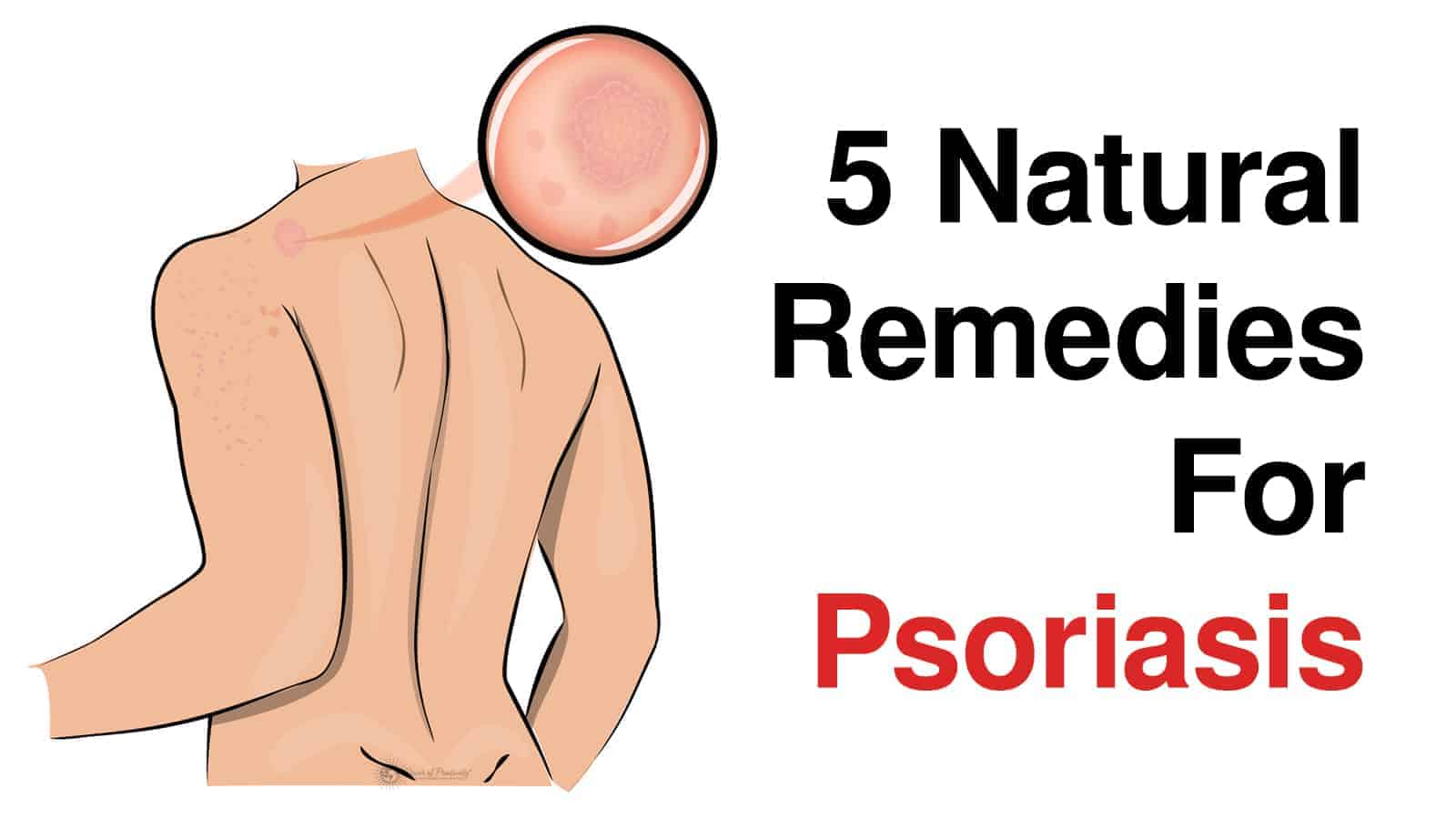“Psoriasis can make you itchy and uncomfortable. Treating it can be annoying and time-consuming. But some of the worst effects of psoriasis is emotional. You may feel like your psoriasis gets in the way of your relationships. It can make people treat your strangely.” – WebMD
Psoriasis is a chronic skin condition that affects 7.5 million Americans, and 125 million people worldwide. Physical signs of psoriasis include: cracked, dry and (possibly) bleeding skin; burning, itching or soreness; red patches of scaled skin; small scaling spots; swollen and stiff joints; thickened or ridged nails, and others. Various types of psoriasis exist, each with their own unique symptoms. These symptoms range widely; from mild itching and discomfort, to high fever and chills. The physical symptoms of the condition can be extremely painful.
Psoriasis can also severely impact one’s psychological health. The skin condition often makes the patient feel excluded and isolated, potentially manifesting into high levels of stress. Relatedly, there is some evidence that stress renders any prescribed treatment less effective. Worse, up to 49 percent of psoriasis cases go untreated. Obviously. treatment of the physical symptoms is already a problem. As such, chances are the associated psychological symptoms are, as well.
There is no cure for psoriasis, but there are plenty of natural, at-home treatments that can help alleviate symptoms. We discuss five such treatments here.
5 Natural Treatments for Psoriasis
1. Soaking treatments
Certain products – oils, Epsom salts, colloidal oatmeal, and Dead Sea salts – have been effective for some in removing scales, and easing itching and burning symptoms. These products are most effective when added to warm (not hot) water and soaked in for about 15 minutes.
The National Psoriasis Foundation recommends Dead Sea salts or Epsom salts as potentially the most beneficial. Following the soak, it is important to apply moisturizer immediately.
Use about a quarter-cup of salt at normal bathwater levels.
2. Moisturizing treatments
The burning, itching and scratching sensations are induced by drying of the skin. These symptoms exacerbate skin problems and makes the condition worse. As such, it is important to keep affected parts of the skin moisturized throughout the day.
Aloe Vera gel has been shown to alleviate the redness and scaling symptoms of psoriasis. The National Psoriasis Foundation (NFP) recommends using creams that contain at least 0.5% aloe. Aloe Vera gels and creams can be safely applied to the skin up to three times a day.
NPF notes “No benefit has been shown from taking aloe in tablet form and it can be dangerous.”
3. Capsaicin treatments
Capsaicin is the ingredient in chili peppers that gives them their spice. According to a study from the University Medical Center, Freiburg, in Germany, skin creams containing capsaicin may alleviate physical symptoms such as inflammation, pain, skin redness, and scaling.
Furthermore, when the ingredient is supplemented with ointments and skin creams, capsaicin can block the pain receptors in nerve endings. This may reduce some of the pain symptoms.
4. Vinegar treatments
Apple cider vinegar has been used for centuries as a disinfectant, and it may also be effective in relieving itching and irritation of the skin. The product can be purchased at nearly any supermarket, and is relatively inexpensive.
Application of the treatment depends upon the individual. Importantly, those with cracked or bleeding skin should not use this remedy. Applying vinegar to an open wound will further irritate the skin, and exacerbate any burning sensation.
5. Fish Oil treatments
Taking an Omega-3 fish oil supplement – or eating at least a couple of services of albacore tuna, salmon, and other fatty fishes – can help to reduce the inflammatory effects of psoriasis. In some studies, consumption of fish oils links to a decreased risk of cardiovascular disease and an improved immune system.
Related article: 8 Warning Signs from Your Skin to Never Ignore
As mentioned, psoriasis is an autoimmune disease, and this natural treatment may help provide a boost to the immune system. In effect, this may help alleviate some of the physical symptoms of the condition.
Final Note
It is important to carefully wrap the skin following application of a moisturizer, cream, or ointment. Firstly, this allows the product to better penetrate the affected skin area’s surface. Second, it increases the timeframe of the product’s effectiveness.

















